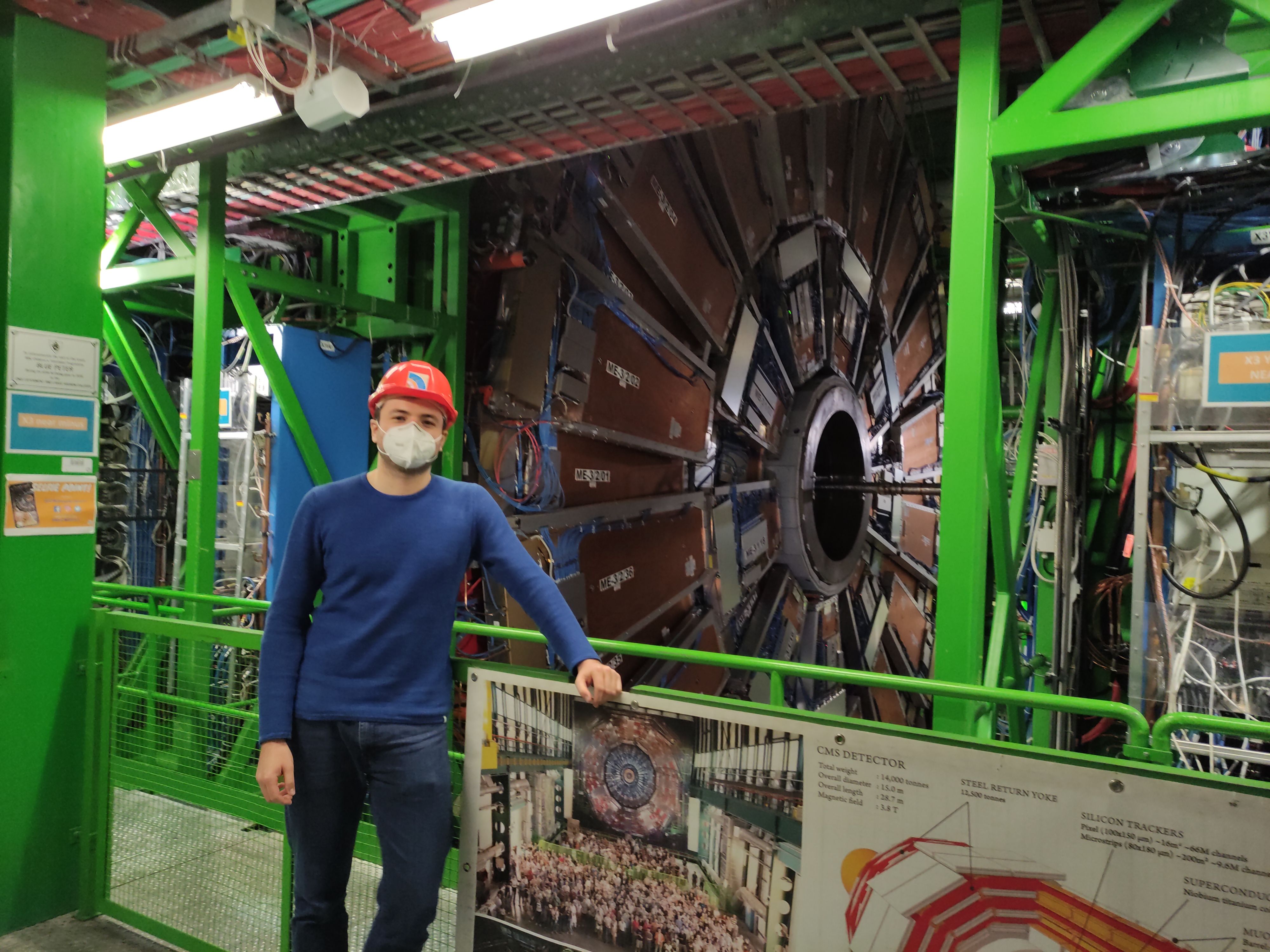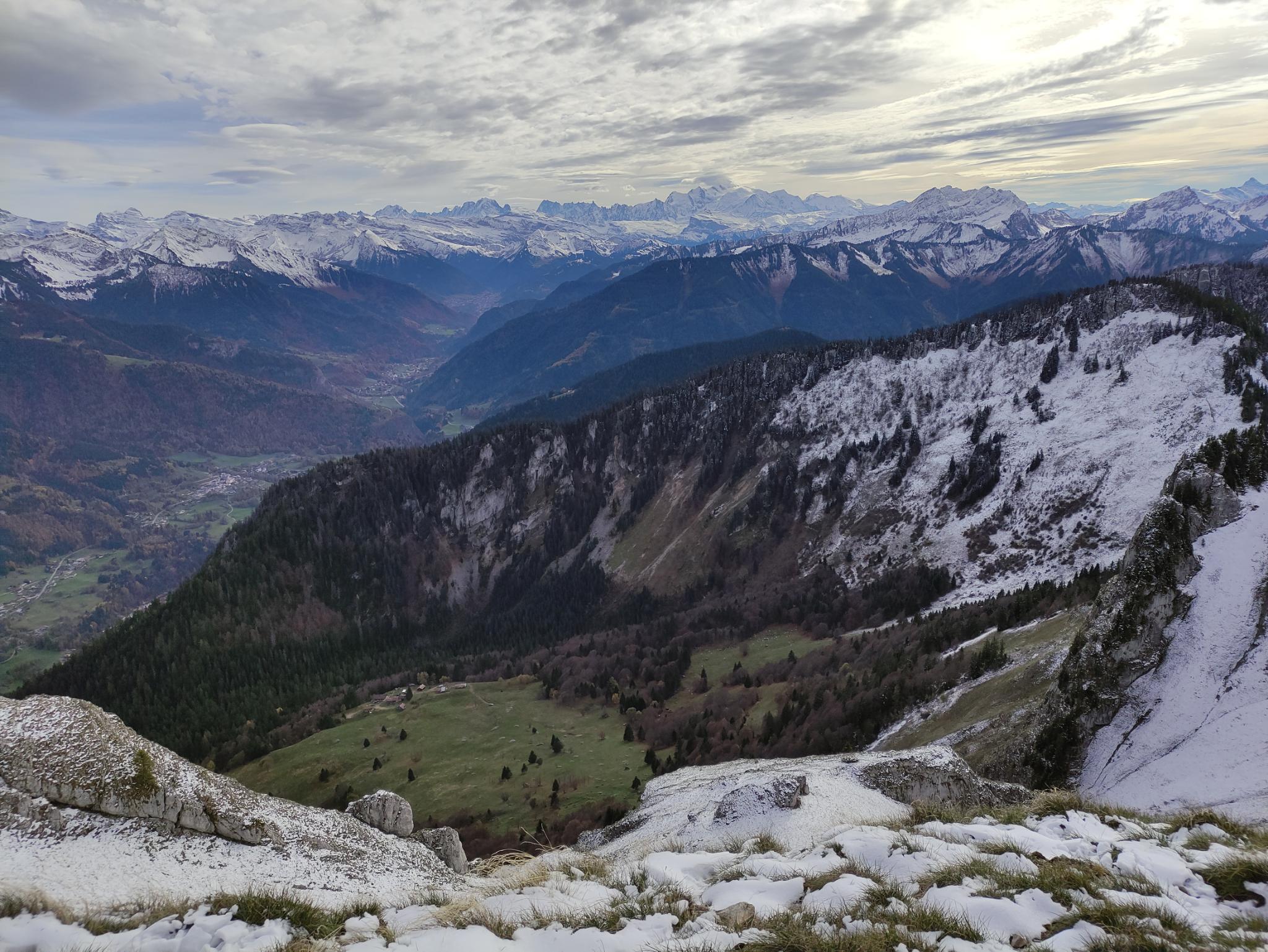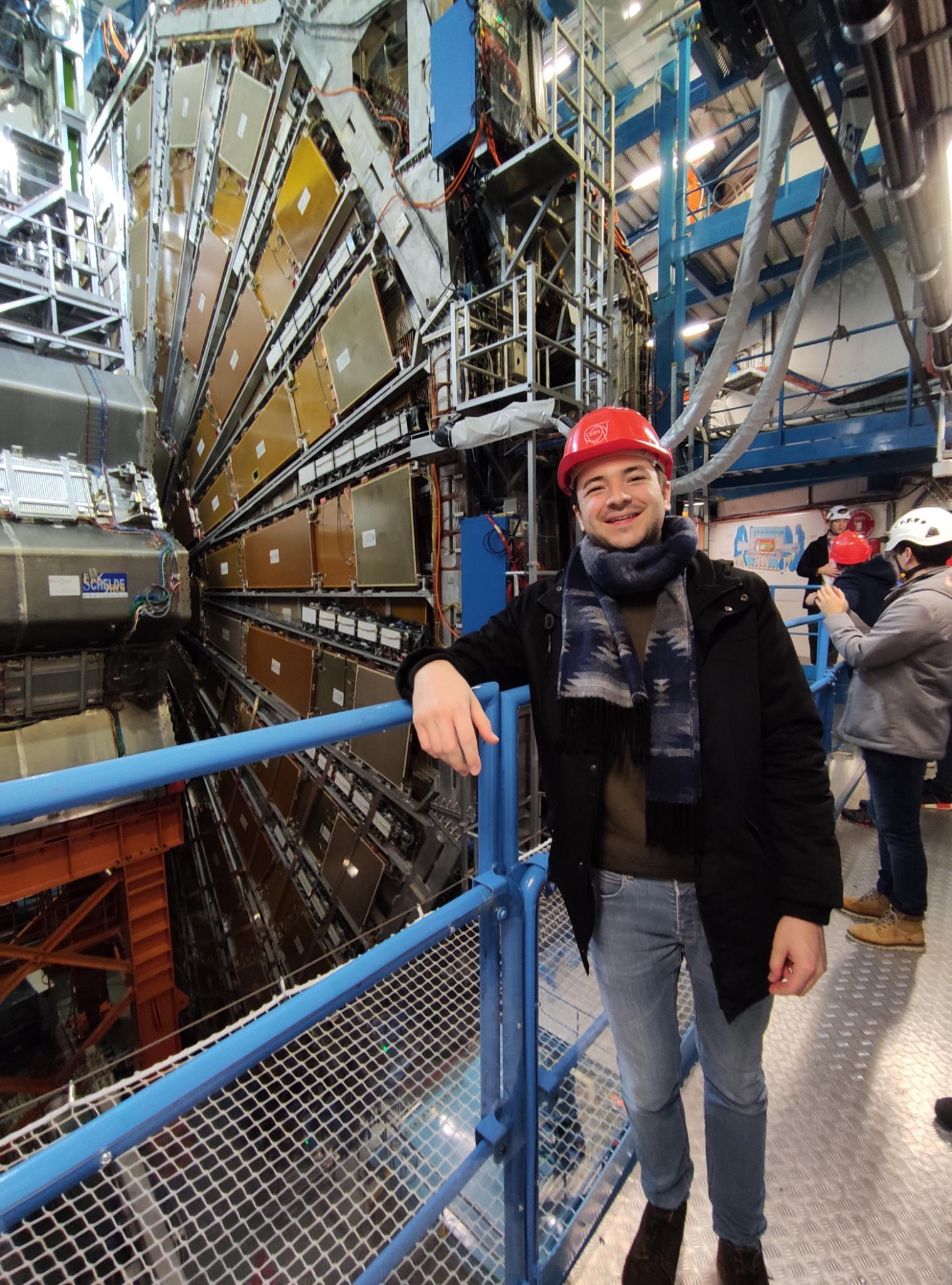Working at CERN - My experiences and some tips for newcomers
In September, I began my Technical Studentship at CERN in Geneva, and the time just flew right by. By now, it’s been almost five months and time to reflect a bit on my experiences thus far. I’ll also include some useful information on administrative and organizational things along the way, in case you’re interested in applying to CERN or are starting to work here. When I think back, my journey to CERN started a while ago without me noticing. While I was always eagerly interested in natural sciences and the understanding of fundamental principles of physics I never thought I had it in me to work in that area. But while finishing my bachelor’s degree in business informatics, I felt more and more the urge to explore these fundamental concepts and so I decided to inscribe myself into physics and mathematics courses at the University of Leipzig in Germany. After one year of exploring and learning new things, I followed up with my computer science master’s at the Unversity of Applied Sciences in Mannheim. One of the reasons for choosing this master’s degree was the opportunity to participate in a collaborative project between CERN and inno.space Mannheim. This project gave me the chance to visit CERN in November 2021 and made me aware of the opportunities for computer science students at CERN.

The decision was made quickly to apply to the CERN Technical Student Programme and after a tense waiting time and a couple of interviews, I got accepted - a very exciting moment!
So here is some information about the application process and what follows afterward:
I applied for the Technical Studentship - IT, Mathematics & Robotics, on the website you’ll find all the necessary information on the position and the requirements for the application. CERN uses Smart Recruiters for the online application process. Besides some basic information and the required documents you’ll be asked three questions, which I recommend thinking and writing about in advance:
- Message to the hiring manager (Let the company know about your interest working there) (max. 4000 char.)
- Please elaborate briefly your experience of each of the chosen domains (max. 1440 char.) (previous to this question you’ll be asked to indicate topics you’re most experienced in e. g. Python, MySQL, etc.)
- Motivation for applying to this job (max. 1440 char.)
After submission of the application, there are three rounds you need to pass before possibly receiving an offer. In the first round, the application is checked by HR, if everything is fine you’ll be asked to do an asynchronous online interview. You get some time to read and prepare for each question, before recording them on video. You can answer the questions in English or French (the two main languages at CERN). The questions are about yourself, things you’re proud of, and CERN. In the end, you get some time to add something else you’d like to say about yourself. I’d say the last question caught me a bit by surprise, so maybe think about that one a bit more in advance! After this, your application gets released to all departments, which can then get in touch with you for an individual interview. If a department decides to take you, you’ll receive an official notice after the CERN council has met and signed off on your application. That’s it - good luck!
Now it’s time to think about logistics and organization, luckily, CERN provides a lot of useful information to new hires, and by reading them, you should be covered. The only valuable tip here is to think about housing early on, especially in September there is usually a big crowd and the housing market gets flooded with CERN people! So here are some additional points to be aware of, when starting at CERN:
- Many people start in September, so it might be wise to choose another month to start, mainly because of the housing market problem.
- Some people manage to get rooms in shared flats for around 600-700 EUR, although the average is around 800-1000 EUR and starting around 1200 EUR for your own (small) place. I pay 900 EUR for my room in Saint-Genis-Pouilly, in a modern shared flat (all costs included).
- In Geneva, it is usually a bit difficult to find a place, especially if you plan to live alone, because of the high requirements for tenants over there.
- Many people live on the french side near the border (Saint-Genis-Pouilly and Ferney-Voltaire which are the closest ones to CERN’s main sites, or a bit further away in Thoiry (car required, as public transportation on the border, is not good!)
- It can be beneficial to start living in the CERN hostel, an AirBNB, a friend’s house, or any other sort of temporary housing before getting something permanent. It is always recommended, to look at a place in person before renting or paying anything!
- In Geneva, you’ll definitely have higher living costs, but also a city around you, which offers many things to do, while on the french side, you’ll be closer to CERN the beautiful Jura mountains! The choice is yours!
Now let’s get back to the job itself. I landed in a small team, a group of four including myself and my supervisor. My team is responsible for maintaining and further developing a research ecosystem referred to as the Virtual Research Environment (VRE) and Data Lake as a Service (DLaaS). The VRE combines several key technologies to enable open science and consists of a complex IT infrastructure. Our team is part of the European EOSC Future project aimed at enabling mainly Astrophysics and High Energy Physics communities across Europe in their research efforts by providing them with a reliable infrastructure capable of supporting the future needs of science!
My work is best described as a DevOps or Site Reliability Engineer maintaining the underlying infrastructure consisting of OpenStack, Kubernetes, and of course the many CERN technologies like RUCIO (Scientific Data Management) and REANA (Reproducible research data analysis platform). Besides technical implementation, much time is spent on community exchange and ideation within the team to find out about the needs of the community as well as the discovery of solutions for the future research environment. The project code is largely open source and much more information can be found on the respective websites. I’m also planning to write about it in more detail in the future, as a lot is going on and many questions are to be answered concerning the future science infrastructure.
Besides work, I’m (becoming) a big outdoor sports enthusiast. The area around Geneva is great for that and offers plenty of things to do, like hiking, climbing, and of course, skiing to name a few of them. Right behind me, I have the beautiful Jura mountain chain and in front of me the magnificent Alps, with Europe’s highest mountain Mont Blanc perfectly visible on a clear winter day. As CERN has a big community and so many people from around the globe, it is easy to connect with people and share with them some of the great things you can do around here.

With LHC Run 3 in full swing, it is generally an exciting time to be at CERN and I use the very opportunity to learn about other things outside my main work area. I for example attended the first Quantum computing Conference for High Energy Physics at CERN, and since the LHC is currently off due to its scheduled winter break, visited some more experiments like ATLAS.

To conclude I want to provide some more tips for newcomers, that I would have wished to have in the beginning:
- You need a Swiss IBAN for your paycheck and banking in Switzerland can be very intransparent. After doing (too much) research, I ended up at yuh, a swiss neo-bank with the best conditions at the time (of course circumstances change quickly in this industry nowadays, so make sure to check again). WISE and Revolut for exchanging money into EUR or other currencies are also very useful!
- CERN offers rental bikes for free and having a bike can be very useful as public transportation is not the best around here.
- Sign up for a french course!
- Take some of the many tours CERN has to offer, it’s a huge organization, and there is (too) much to explore!
- Check out the CERN Clubs - there is one for everything!
I hope this article gave you some interesting insight into CERN, my work and private life around here, and some valuable information in case you’re planning to work at CERN in the future.